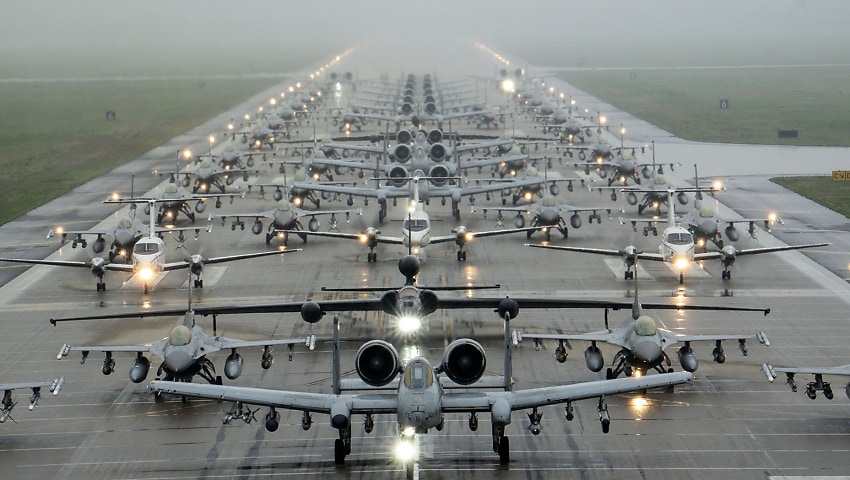The United States of America and the Republic of Korea have reached an agreement to enhance industrial resources acquisition to quickly meet defence requirements, resolve unanticipated defence disruptions and promote supply chain resiliency.
The US Department of Defense announced the bilateral, non-binding Security of Supply Arrangement with the Republic of Korea on 16 November.
The SOSA was recently signed by both Dr William A LaPlante and Eom Dong-hwan, Minister of the Defense Acquisition Program Administration.
“Allies and partners are foundational to our National Defense Strategy, especially throughout the Indo-Pacific,” according to Under Secretary of Defense for Acquisition and Sustainment, Dr LaPlante.
“This Security of Supply Arrangement represents another important step forward in the seven-decade defence relationship between the US and the Republic of Korea, strengthening the resiliency and security of our national defence programs and furthering opportunity for future, long-term collaboration.”
Under the agreement, both countries commit to support one another’s priority delivery requests for procurement of critical national defence resources.
The US will provide South Korea assurances under the US Defense Priorities and Allocations System, and the Republic of Korea will establish a government-industry Code of Conduct with its industrial base where ROK firms will voluntarily agree to make every reasonable effort to provide the US priority support.
The US already has more than 15 SOSA partners, including Australia, Canada, Denmark, Estonia, Finland, Israel, Italy, Japan, Latvia, Lithuania, the Netherlands, Norway, Spain, Sweden, and the United Kingdom.
Each SOSA partnership strengthens interoperability with defence trade partners, streamlines Department of Defense processes, establishes communication mechanisms, and proactively acts to allay anticipated supply chain issues in peacetime, emergency, and armed conflict.
Earlier this year, the Republic of Korea, the US, and Japan announced an agreement had been reached to share early-warning missile data information before the end of the year.
The schedule was announced after all three countries completed a trilateral phone call on 7 September. The call was organised between US Secretary of Defense Lloyd J Austin III, Japan Minister of Defense Yasukazu Hamada, and ROK Minister of National Defense Lee Jong-Sup.
Earlier this year, the countries sent their respective leaders to discuss defence and security cooperation during a summit at Camp David in August. The US is already on a diplomatic campaign in the Indo-Pacific as it steps up near-peer competition with North Korean ally, the People’s Republic of China.


